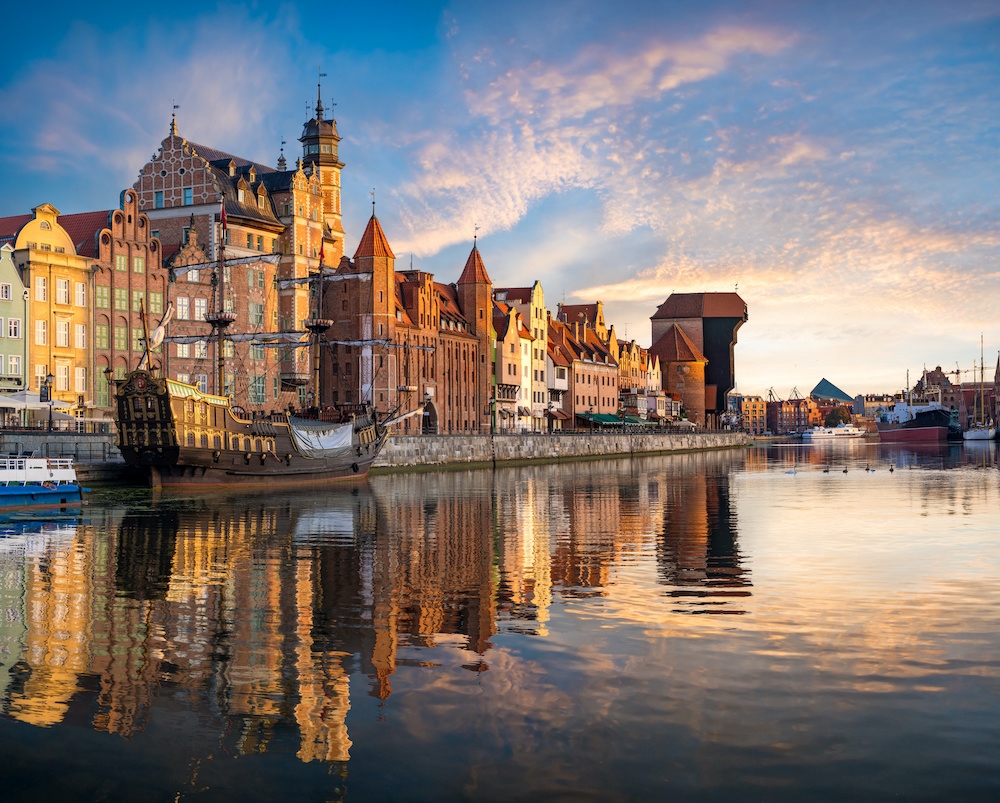Almost two years after its first proposal, Wednesday February 27, 2024, the European Union approved the Nature Restoration Law (LNR)Most important nature restoration law never promoted by the EU. A long-awaited and ambitious historic turning point to increase coherent actions capable of responding to the climate crisis, slowing down the loss of biodiversity and respecting international commitments made on the climate and the environment. A victory therefore also for the numerous environmental associations which fought for the approval of the law during these two years. Let's see what it's all about.
Nature Restoration Law (LNR): un binding objective
The objective of this law is clear and, once formally adopted by the European Council and entering into force, it will be binding: restore 20% of Europe's marine and terrestrial environments by 2030 and almost all degraded ecosystems by 2050. This is why, over the next two years, Italy and other Member States will be asked to present effective and well-defined plans over time, to restore at least 30% of forests, grasslands, wetlands, rivers, lakes and seabeds, moving them from poor to good status by 2030, increasing to 60% by 2040 and 90% by 2050.
Why is the Nature Restoration Act important?
The importance and need to implement the Nature Restoration Law is demonstrated by nature itself: 80% of Europe's natural habitats are degraded and, in particular, 93% of the European marine area is subject to various pressures caused by human activities, such as fishing, tourism, maritime traffic and coastal development. Of the more than 17,000 animal and plant species that inhabit the Mediterranean Sea, 40% are today in poor survival conditions.
Ecological, economic and social benefits of nature restoration law
The benefits of restoring and effectively conserving nature, however, do not only concern seas and forests. Indeed, the adoption of the law on nature restoration also guarantees economic benefits that exceed restoration costs: we calculated that each euro spent on catering generates a profit of between 8 and 38 euros, depending on the ecosystem and the services it offers. Furthermore, from this perspective, the law promotes cohesion between Member Statesemphasizing the importance of working together towards a common goal.
The effects of the NRL on marine environments
For marine environments, this is an opportunity not to be missed, which can promote combined action of both active habitat restorationlike coral reefs and seagrass beds Oceanic Posidonia (a kind of large marine lung that oxygenates the waters and absorbs carbon dioxide, thus mitigating ocean acidification), both passive recoverywith measures to reduce various forms of marine pollution and minimize the impacts of destructive fishing activities.
Interventions linked to the Nature Restoration Law can indeed restore the reproduction and growth areas of fish stocks, generating a cascading benefit also for the surrounding areas, which is reflected in a improvement of ecosystem services guaranteed by the sea for our lives and for the well-being of society, in terms of resources, regulations, but also at the cultural and support level.
Furthermore, restoring degraded marine environments means helping society adapt to climate changelimiting damage from extreme weather events, sea level rise and coastal erosion.
In this context, the objective of effectively protecting at least 30% of the sea by 2030, adopted with the Kunming-Montreal Global Biodiversity Framework as part of COP15, takes a new perspective and reinforces the need to effective management of the ocean and its resources, promote the designation and implementation of marine protected areas (MPAs) to enable the restoration of marine habitats.
Worldrise's commitment
The approval of the nature restoration law was marked by two years of difficult discussions between environmental institutions and associations. Like, how The rise of the worldthe non-profit organization that has been committed to the conservation of Italian seas for more than a decade, to (re)connect people to the sea, raise awareness of the importance of the ocean and promote collective commitment to his protection.
“This law puts us back on track to ensure a better future for our sea and all of us who depend on its health – he said. Mariasole Whiteexpert in marine conservation and president of Worldrise – and fits perfectly into the work we are carrying out with Worldrise for the effective conservation of at least 30% of Italian seas by 2030″.
The association's commitment has in fact favored over the years various initiatives to protect the marine environment, such as the campaign 30×30 Italy protect 30% of Italian seas by 2030, SEATthe marine education project and Amplification, to amplify the importance of Italy's marine protected areas. “To date – continues Mariasole Bianco – only 10% of our seas are protected and, of this percentage, only 0.06% have demonstrated management effectiveness: there is still a lot of work to be done to protect the blue planet, but if we work together, we can do it.”


